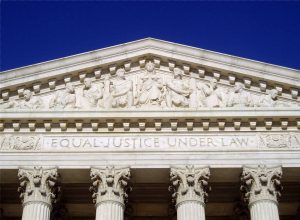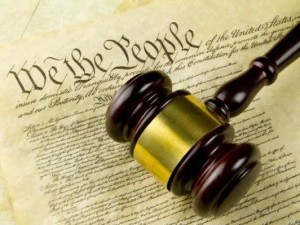Marsy’s Law in Wisconsin
Have you ever heard something that, almost immediately after hearing it, bounced your thoughts from the possible benefits to the seriously questionable outcomes that might follow, and left you swinging back and forth between the two? This is exactly what happened to me just recently after hearing about Marsy’s Law coming to Wisconsin. As it stands, I can get behind the general idea of the law, but I do have some doubts—problems, even—with the way the law is being pushed forward.
“Marsy’s Law” is the idea that crime victims, and the families of crime victims (who become victims by association) should have equal rights to those who are accused of victimizing the family. According to the web site for Marsy’s Law for All, the law is named for Marsalee (Marsy) Nicholas, a “beautiful, vibrant University of California Santa Barbara student, who was stalked and killed by her ex-boyfriend in 1983.” (Quote from Marsy’s Law for All) One week after Marsy’s murder, some of her family members entered a grocery store and were confronted by the man who was accused of murdering Marsy. Marsy’s alleged murderer had been let out on bail and the family had not known about it.
Marsy’s Law for All argues that the United States Constitution and every state constitution have a detailed set of rights for people who are accused of crimes, but the United States Constitution and 15 state constitutions do not have a list of rights for victims of crime. As I am writing this, the web site for Marsy’s Law argues that the United States Constitution has 20 individual rights for those accused of a crime, but none for the victims of crime. States, on the other hand, have been making some progress. California, Illinois, North Dakota, South Dakota, Montana, and Ohio have passed Marsy’s Law, with efforts to adopt the law currently underway in Kentucky, Maine, North Carolina, Georgia, Nevada, Idaho, Oklahoma, and here in Wisconsin.


